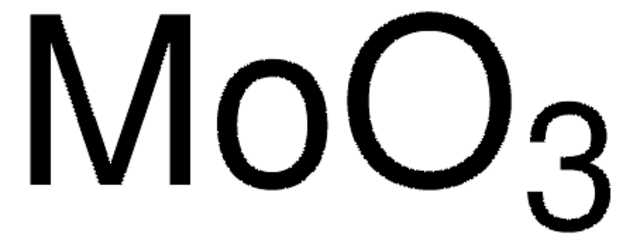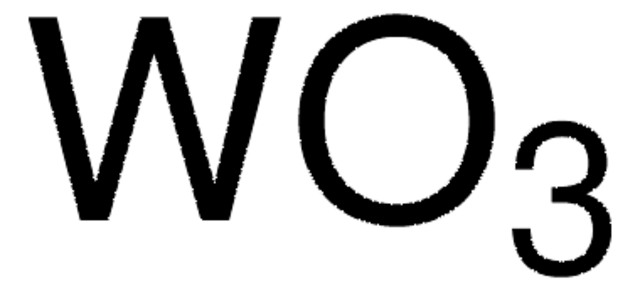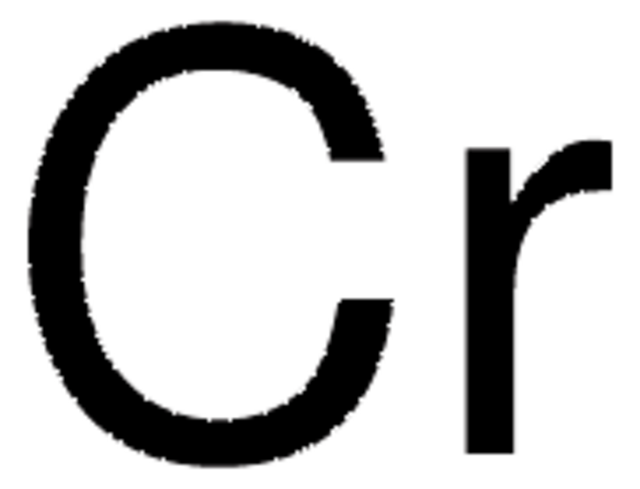433667
Titanium
evaporation slug, diam. × L 6.3 mm × 6.3 mm, ≥99.99% trace metals basis
About This Item
Productos recomendados
Nivel de calidad
Ensayo
≥99.99% trace metals basis
Formulario
evaporation slug
temp. de autoignición
860 °F
resistividad
42.0 μΩ-cm, 20°C
diám. × L
6.3 mm × 6.3 mm
peso
~0.8 g (one slug)
bp
3287 °C (lit.)
mp
1660 °C (lit.)
densidad
4.5 g/mL at 25 °C (lit.)
cadena SMILES
[Ti]
InChI
1S/Ti
Clave InChI
RTAQQCXQSZGOHL-UHFFFAOYSA-N
Categorías relacionadas
Código de clase de almacenamiento
11 - Combustible Solids
Clase de riesgo para el agua (WGK)
nwg
Punto de inflamabilidad (°F)
Not applicable
Punto de inflamabilidad (°C)
Not applicable
Equipo de protección personal
Eyeshields, Gloves, type N95 (US)
Elija entre una de las versiones más recientes:
¿Ya tiene este producto?
Encuentre la documentación para los productos que ha comprado recientemente en la Biblioteca de documentos.
Los clientes también vieron
Artículos
Can there be an effective strategy for finding breakthrough materials, since they are, by definition, unpredictable? One answer is found in Combinatorial Materials Science techniques, which represent a powerful approach to identifying new and unexpected materials.
Biomedical implants are essentially foreign substances within the human body that must survive many years’ exposure to demanding mechanical and physiological conditions. Despite these challenges, metal implants have been widely used to substitute for or rebuild hard tissues such as bones and teeth.
Nuestro equipo de científicos tiene experiencia en todas las áreas de investigación: Ciencias de la vida, Ciencia de los materiales, Síntesis química, Cromatografía, Analítica y muchas otras.
Póngase en contacto con el Servicio técnico






